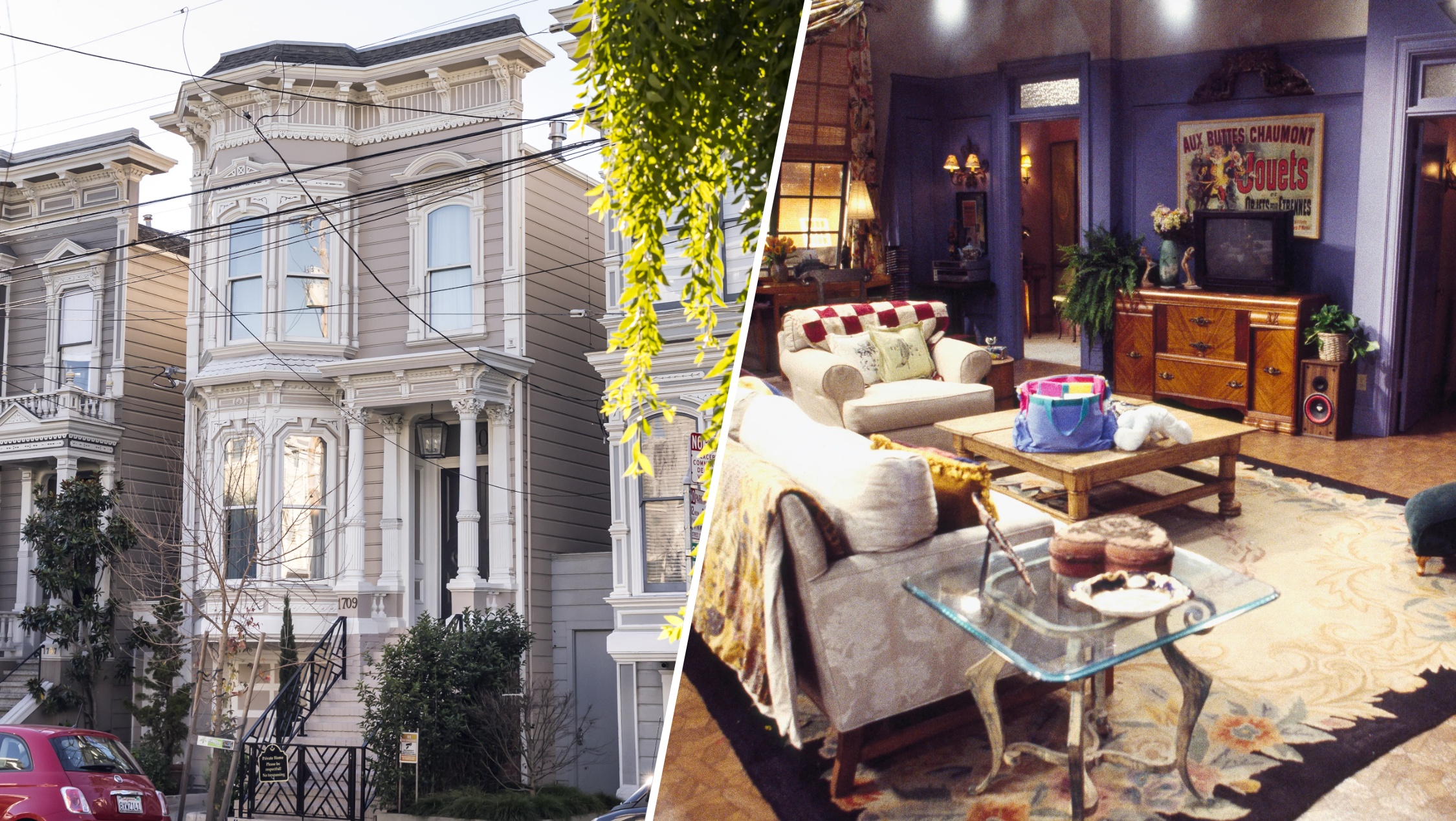James Ryan, the President of Time For Homes, join us to speak about housing insecurity and the growing number of evictions as ripple effects from COVID-19.
What to Know
- Tenants and homeowners in New York can seek protection from evictions and foreclosures through August under a law that the state’s governor signed Tuesday
- New York is extending a state law that protects tenants from eviction if they submit signed paperwork stating they’ve faced hardship amid the coronavirus pandemic
- New York has yet to set up an application process for New Yorkers to apply for a $2.4 billion housing relief fund that lawmakers passed in the state budget last month. Critics say New York’s law is making it “virtually impossible” for landlords to evict tenants
New York extended a state lawthat protects tenants and homeowners from eviction if they they’ve faced economic hardship because of the coronavirus pandemic.
The moratorium on evictions and foreclosures will run through August under a law the state’s governor signed Tuesday.
Watch NBC 4 free wherever you are
A federal eviction moratorium is also in place through June but those protections are much narrower than New York’s.
New York lawmakers voted last month to create a $2.4 billion housing relief fund, but officials are still working on setting up an application process.
Get Tri-state area news delivered to your inbox with NBC New York's News Headlines newsletter.
State budget director Robert Mujica said the state plans to start accepting applications at the end of May. The fund would provide up to 12 months of rental and utility arrears assistance, three months of prospective rent and a year of eviction protection.
The extension of the moratorium will give New Yorkers four months to apply for the fund and for the state to handle the application process, Mujica said.
Advocates for low-income New Yorkers said the extension protects thousands of New Yorkers who are still trying to recover from a pandemic that walloped hospitality and restaurant industries in particular. New York's unemployment rate was 8.5% in March — down from 8.9% in February but above the national rate of 6%.
"If New York finds that it is still mired in a pandemic come August, we expect that lawmakers will follow this same logic and extend the moratorium once again to avoid what would likely amount to a tidal wave of evictions and homelessness,” said Judith Goldiner, Attorney-In-Charge of the Civil Law Reform Unit at The Legal Aid Society.
Local
New York is also extending protections through August to other New Yorkers with financial hardships. The state is offering protections from foreclosure and tax lien sales for small businesses and residential property owners who own ten or fewer dwelling units.
Some lawmakers said they are concerned that extending the moratorium is hurting small landlords who are struggling with the costs of property maintenance.
“The extension of the eviction and foreclosure protections has created a great deal of hostility between tenants and landlords that is simply counterproductive,” said Assemblymember Marianne Buttenschon, a Utica Democrat.
Republican Sen. Mike Martucci said New York's law makes it “virtually impossible” for landlords to evict tenants.
“I oppose this policy — not because I want people evicted, but because I believe landlords have a right to go to court when tenants cannot pay their rent," he said.



